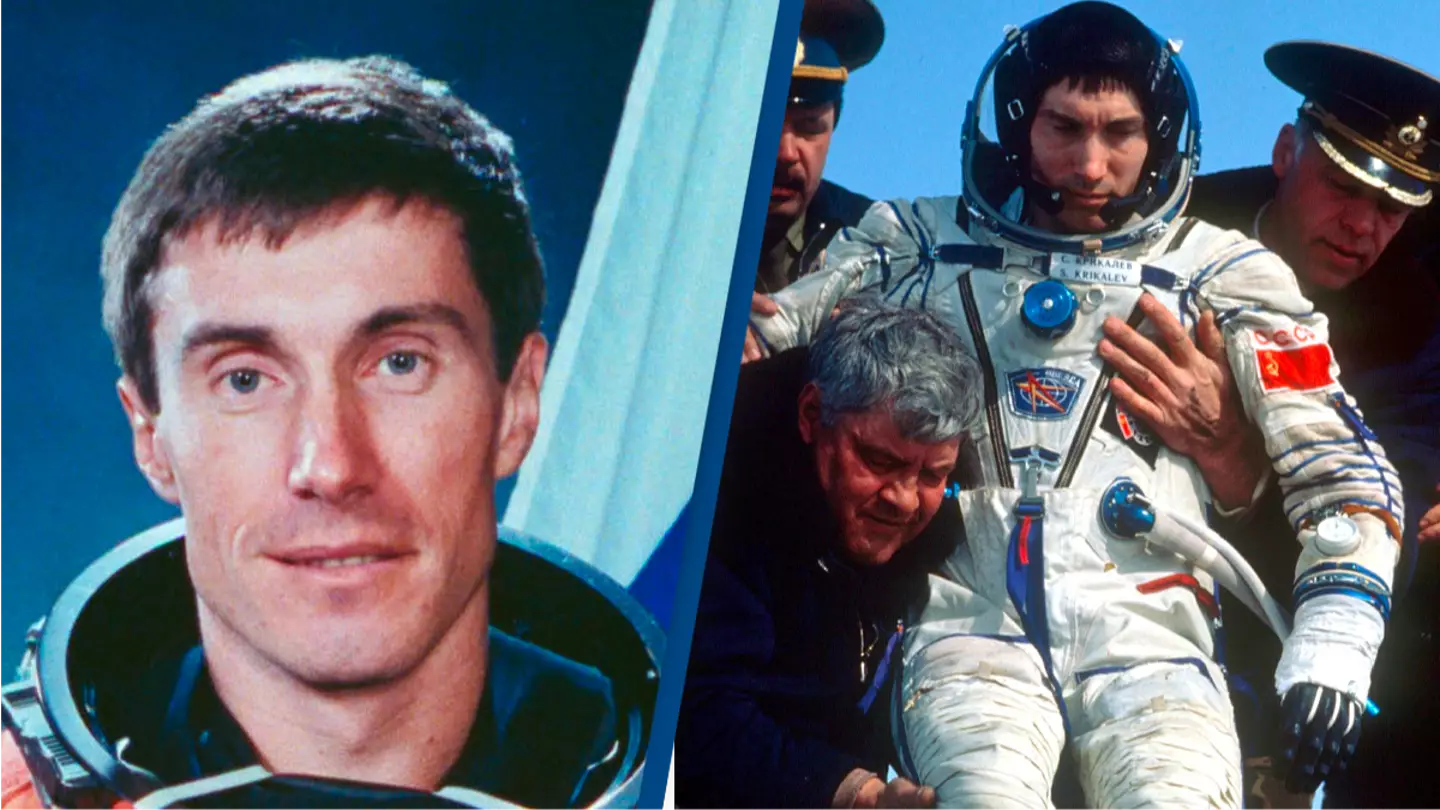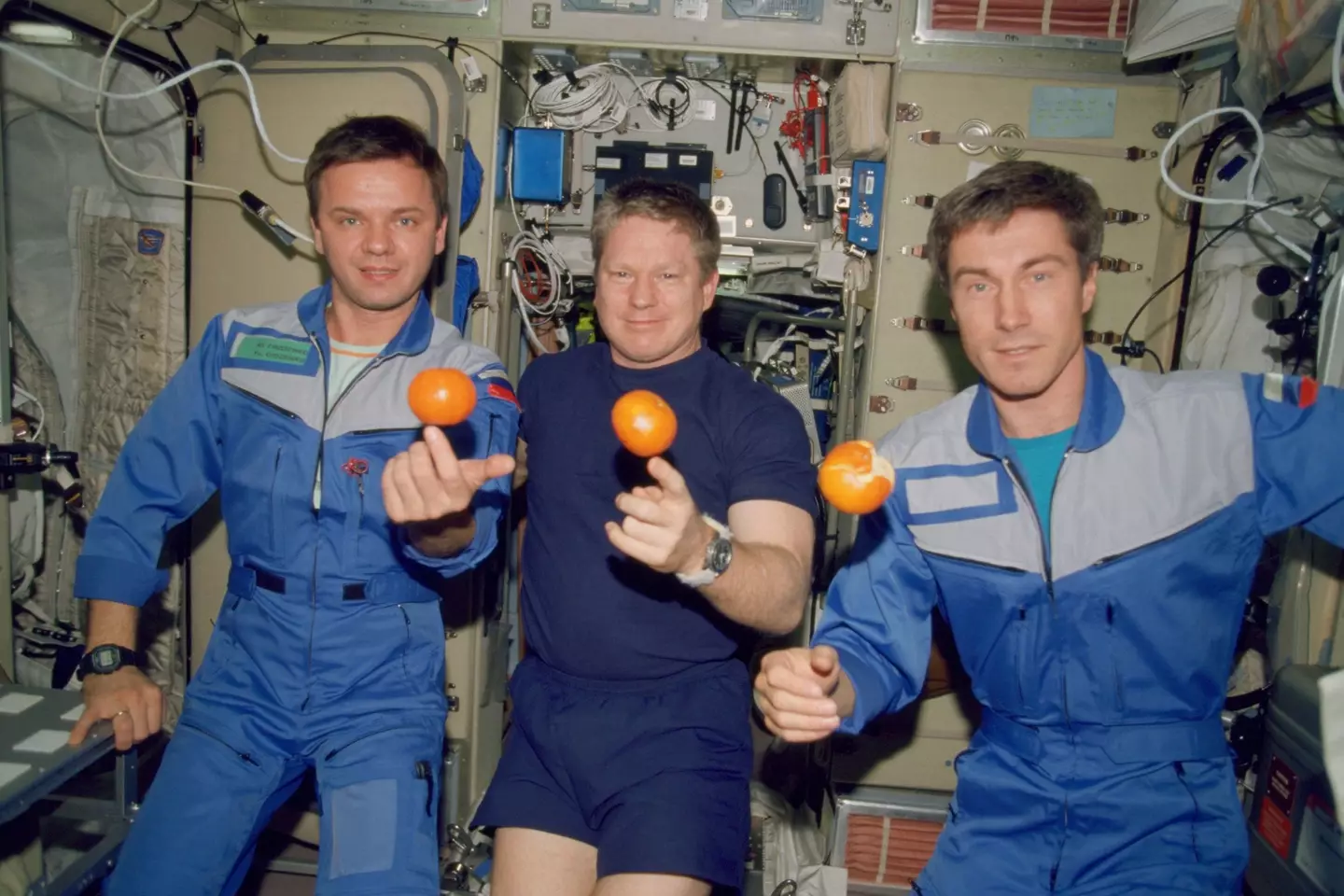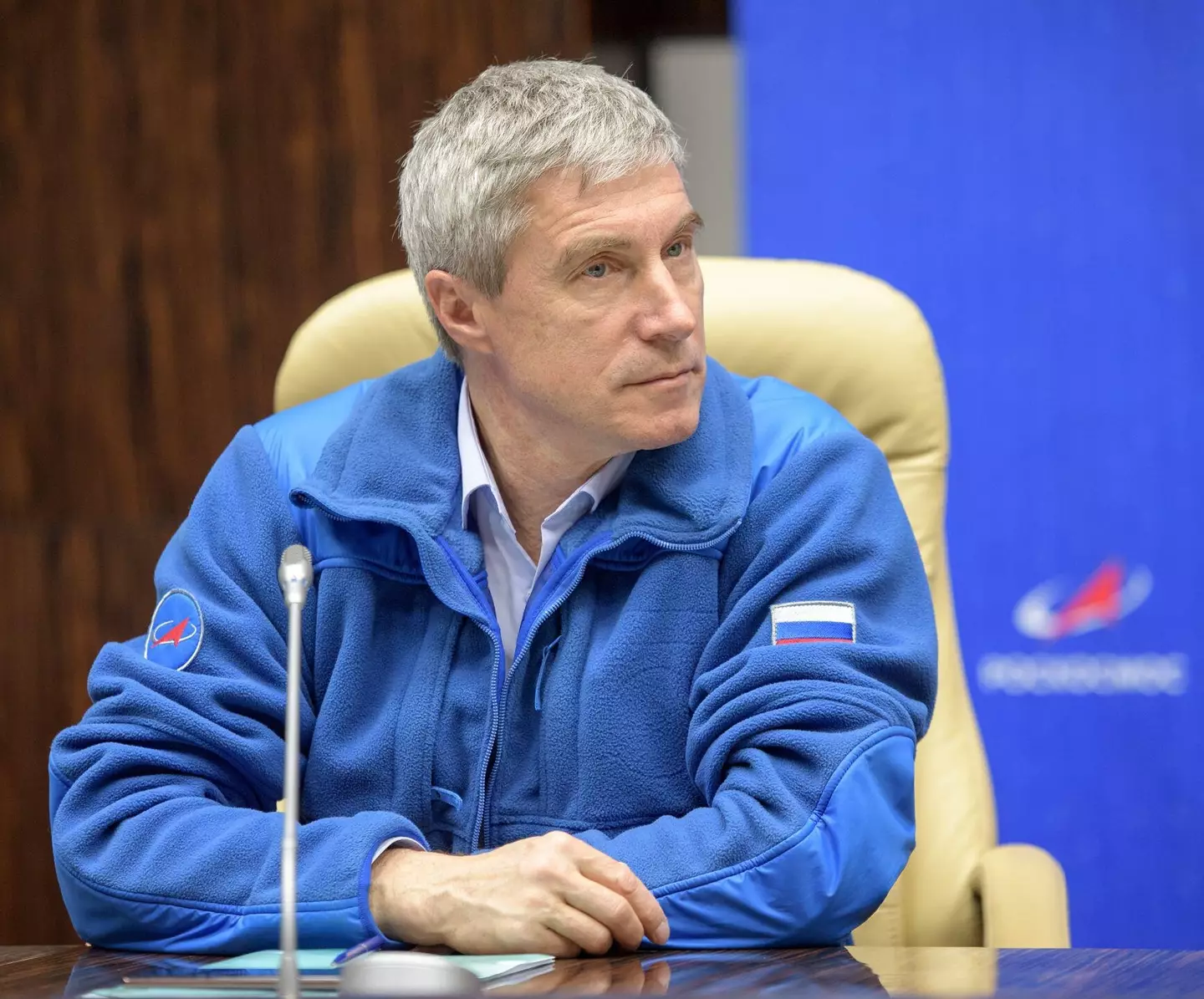
One astronaut ended up being stranded in space for more than 300 days, after political events back home ended up drastically prolonging his mission.
Russian cosmonaut Sergei Krikalev has spent a lot of time in space, having collectively logged more than 800 days aboard the International Space Station, Mir space station, Soyuz spacecraft and the space shuttle, according to NASA.
But Krikalev was never supposed to clock up quite so many days, as a mission in the early 90s ended up lasting twice as long as it should have been as he was unable to return home.
Advert
Following a five-month deployment after taking off from Baikonur Space Center, he arrived at the Mir space station on 18 May 1991 – his second trip to the station - accompanied by Soviet scientist Anatoly Artebarsky and British scientist Helen Sharman.
But seven months into his mission, things took a complicated turn when the Soviet Union was dissolved, throwing Kazakhstan’s plight into uncertainty as he became a cosmonaut without a country.

Indeed, the country that had sent him no longer existed, while the Baikonur Space Center and the landing area were both located in the newly-independent Kazakhstan – where money had sadly dried up due to the revolution that broke up the Soviet Union.
Advert
Krikalev had said while on Mir: “The strongest argument was economic because this allows them to save resources here. They say it’s tough for me - not really good for my health. But now the country is in such difficulty, the chance to save money must be top priority.”
As the mission dragged on for so long, some of his fellow astronauts ended up leaving to return home, meaning the staffing of the space station was completely out of sync.
Eventually, some 10 months after leaving, Krikalev received the happy news that his replacement had been found, and he could begin preparing for his return.

This was no doubt a relief considering the physical impact the extended mission had on his health, as bone and muscle mass are known to deteriorate in space over time.
Advert
National Air and Space Museum curator of space history Cathleen Lewis told Inverse that Krikalev was less bothered about the political implications of what was going on, but more so about his physical health.
She added: “He had trained for five months; he had not trained for a year-long mission.”
Krikalev, who has since been dubbed the ‘last Soviet Citizen’, landed back down on Earth on 25 March 1992, after 311 days in space.
He told reporters that his arrival home was ‘very pleasant’, despite the gravity [he] had to face.
Advert
“But psychologically, the load was lifted,” he said.
“There was a moment. You couldn’t call it euphoria, but it was very good.”
If you have a story you want to tell, send it to UNILAD via [email protected]
Topics: Space, World News, NASA